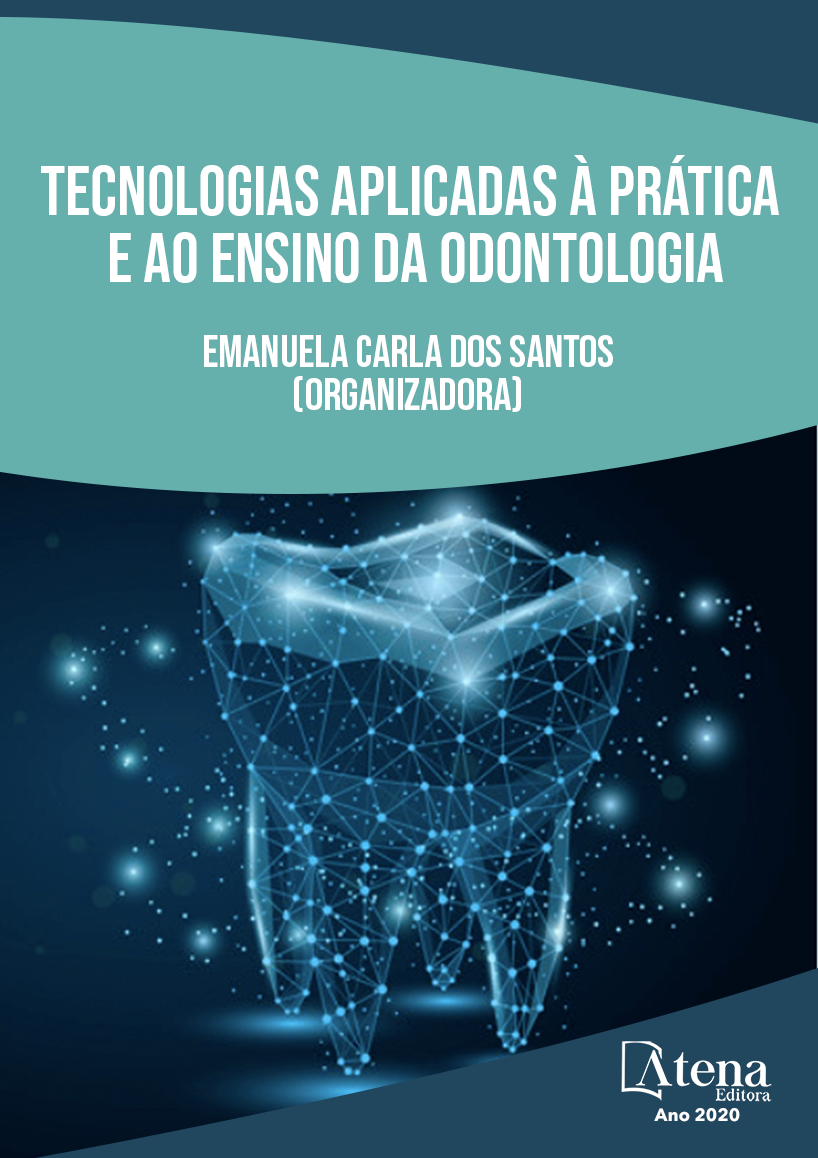
ANESTHETIC EFFECTIVENESS OF ARTICAIN AND LIDOCAINE IN LOWER ALVEOLAR NERVE BLOCKING IN PATIENTS WITH IRREVERSIBLE PULPITIS
O objetivo deste estudo foi avaliar a efetividade anestésica da articaína comparada com a lidocaína na anestesia de molares inferiores apresentando pulpite irreversível, utilizando a técnica anestésica de bloqueio do nervo alveolar inferior. Foram selecionados 80 pacientes de ambos sexos e idade entre 18 e 59 anos, portadores de dentes molares inferiores que foram diagnosticados com pulpite irreversível sintomática. Cada tubete de solução anestésica foi mascarado com capas de alumínio e todas as soluções anestésicas foram administradas por um único operador, de forma aleatória. Cada paciente recebeu 2 (dois) tubetes na anestesia de bloqueio do nervo alveolar inferior, com solução de lidocaína 2% 1:100.000, ou articaína 4% 1:100.000. Após 05 minutos, foi realizada cirurgia de e o paciente foi instruído para relatar qualquer dor. O sucesso da analgesia foi definido como a possibilidade de acessar a câmara pulpar sem qualquer dor ou desconforto relatado pelo paciente.Verificou-se uma grande proporção de pacientes que, mesmo após receberem a anestesia, se referiram a dor no tratamento endodôntico, entretanto observou-se que quando usado o anestésico lidocaína, mais da metade (55,00%) dos pacientes (22) se referiram à sensação de dor enquanto que uma porcentagem menor (45%) dos pacientes (18), não reportaram dor. Já com o uso da articaína, observou-se um comportamento inverso, já que apenas 11 pacientes (27,50%) reportaram dor enquanto que a maioria (72,50%) dos pacientes (29) não reportaram dor. Essa inversão foi apontada pelo teste estatístico de qui-quadrado como significativa. Pôde-se concluir a partir da análise criteriosa dos indicadores obtidos que a articaína 4% com epinefrina 1:100.000 foi estatisticamente mais eficaz do que a lidocaína 2% com epinefrina 1:100.000 na anestesia de molares inferiores com o diagnóstico de pulpite irreversível.
ANESTHETIC EFFECTIVENESS OF ARTICAIN AND LIDOCAINE IN LOWER ALVEOLAR NERVE BLOCKING IN PATIENTS WITH IRREVERSIBLE PULPITIS
-
DOI: 10.22533/at.ed.72820050617
-
Palavras-chave: Anestesia, Pulpite, Bloqueio do Nervo Alveolar Inferior, Lidocaína, Articaína.
-
Keywords: Anesthesia, Pulpitis, Lower Alveolar Nerve Block, Lidocaine, Articaine.
-
Abstract:
The aim of this study was to evaluate the anesthetic effectiveness of articaine compared to lidocaine for mandibular molars with irreversible pulpitis, using the anesthetic technique of lower alveolar nerve block. Eighty patients of both sexes, aged between 18 and 59 years, with mandibular molar teeth diagnosed with symptomatic irreversible pulpitis were selected. Each tube of anesthetic solution was masked with aluminum caps and all anesthetic solutions were administered by a single operator, at random. Each patient received 2 (two) tubes in blocking anesthesia of the lower alveolar nerve, with 2% lidocaine solution 1: 100,000, or 4% articaine 1: 100,000. After 05 minutes, surgery was performed and the patient was instructed to report any pain. The success of analgesia was defined as the possibility of accessing the pulp chamber without any pain or discomfort reported by the patient. There was a large proportion of patients who, even after receiving anesthesia, referred to pain in endodontic treatment, however it is known that when using the anesthetic lidocaine, more than half (55.00%) of the patients (22) referred to the sensation of pain while a smaller percentage (45%) of the patients (18), did not report pain. However, with the use of articaine, an opposite behavior was observed, since only 11 patients (27.50%) reported pain while the majority (72.50%) of patients (29) did not report pain. This inversion was pointed out by the statistical chi-square test as significant. It was possible to conclude from the careful analysis of the obtained indicators that articaine 4% with epinephrine 1: 100,000 was statistically more effective than lidocaine 2% with epinephrine 1: 100,000 in lower molar anesthesia with the diagnosis of irreversible pulpitis. -
Número de páginas: 15
- Carlos Eduardo Silveira Bueno
- Rodrigo Sanches Cunha
- Giselle Maria Ferreira Lima Verde


